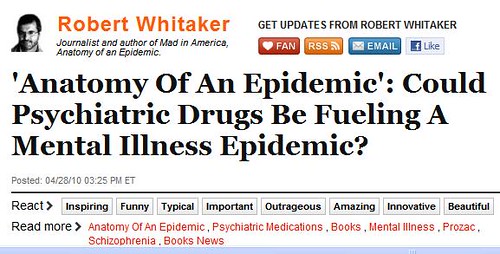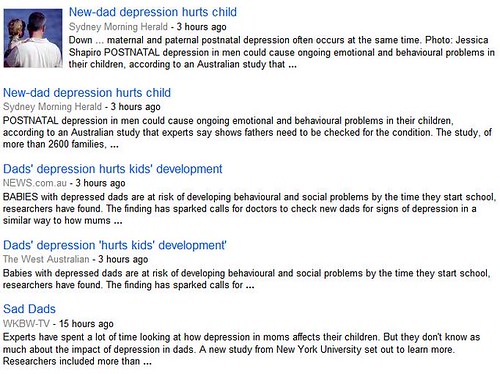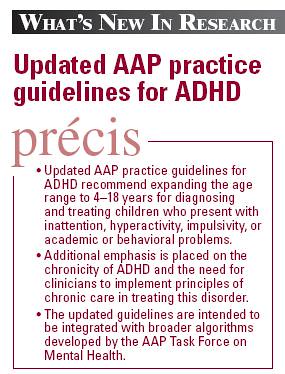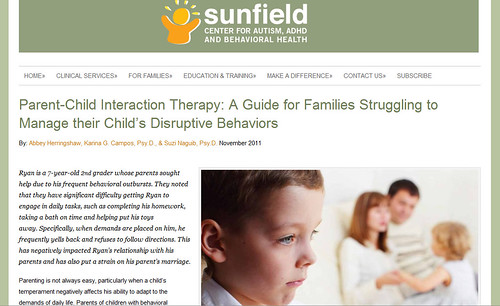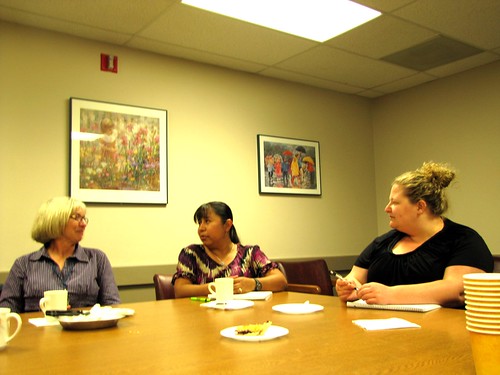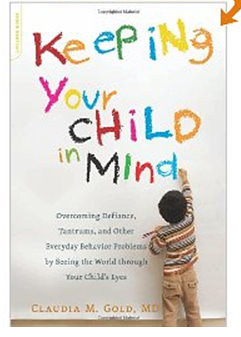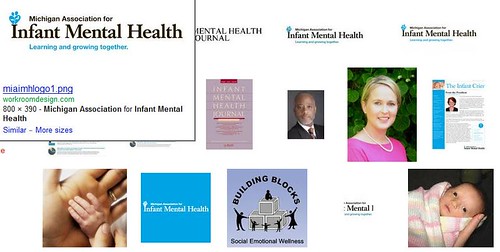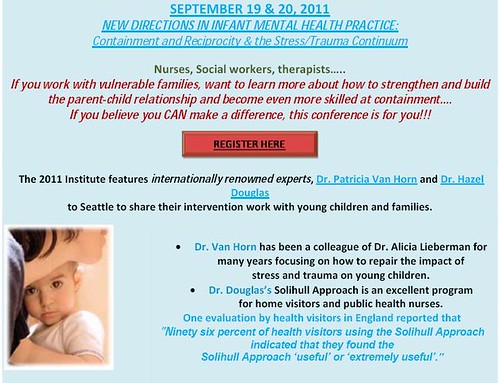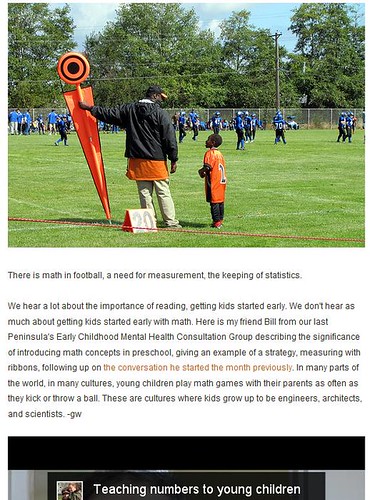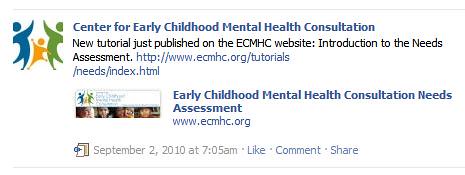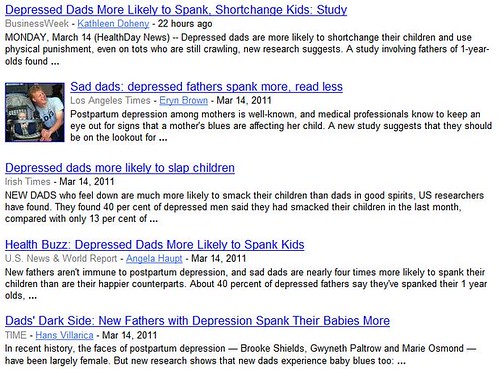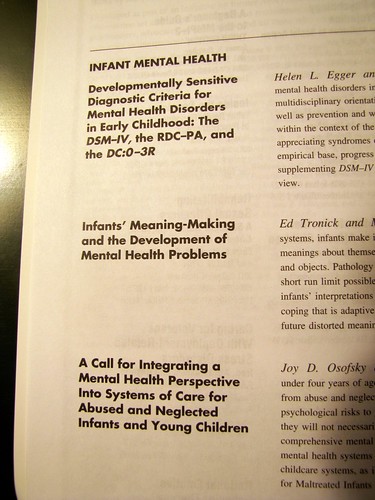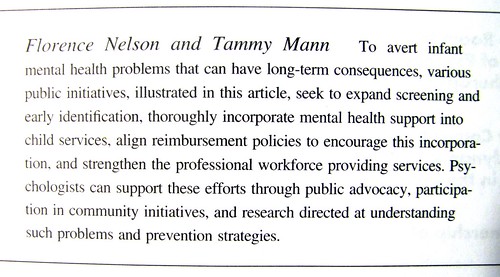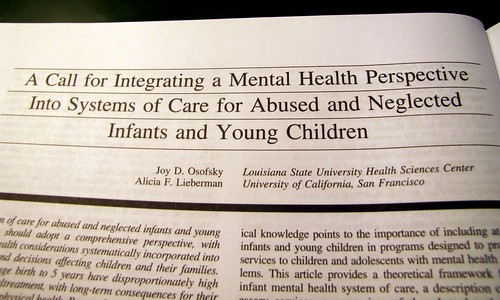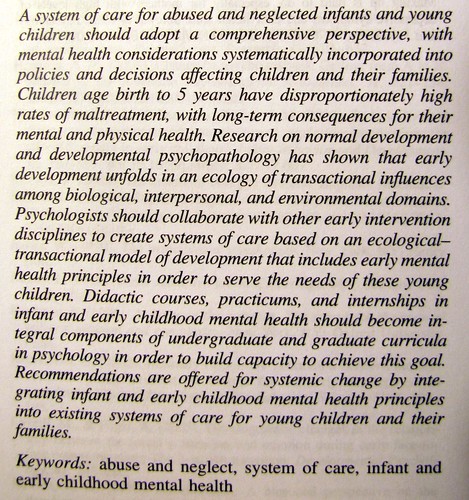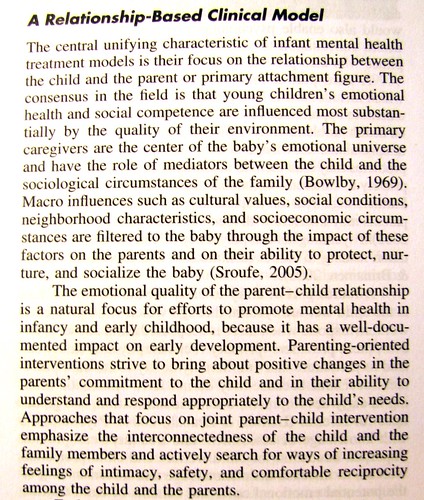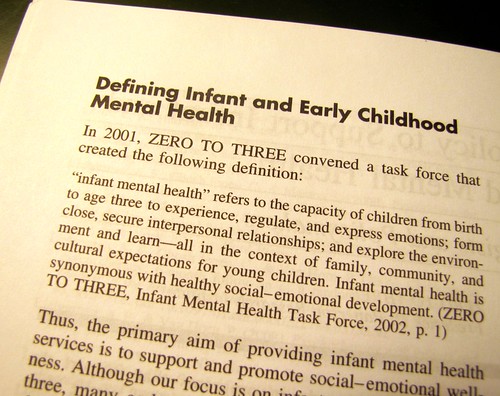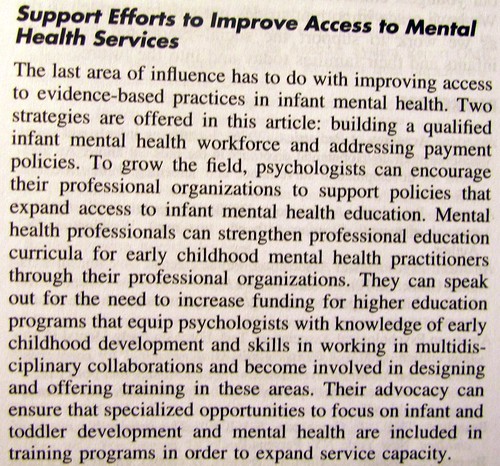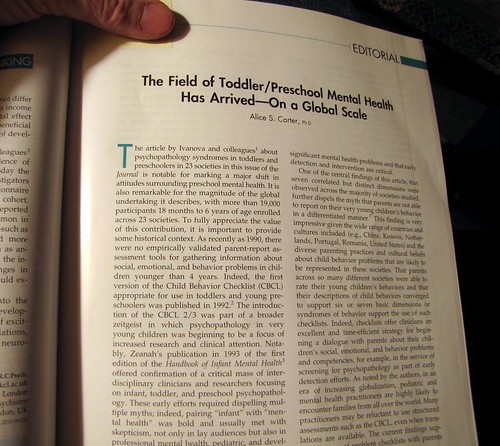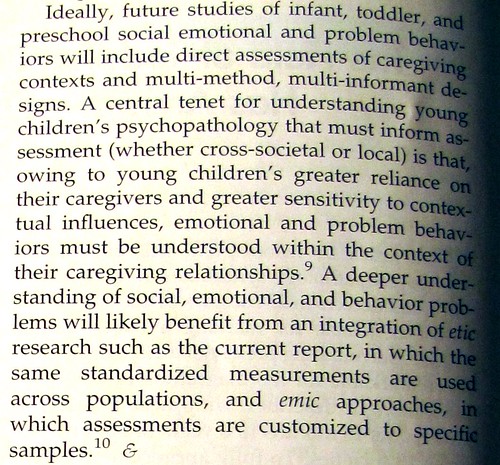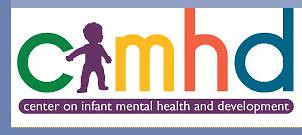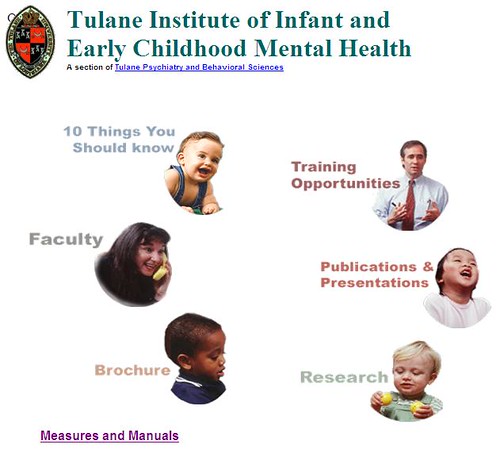From Linda, this heads up on a training in Spokane. -gw
+
February 2, 2011
FROM: Karen Walker, ESIT Program Administrator
Washington Early Support for Infants and Toddlers
SUBJECT: FYI: Zero to Three - Duty to Care Training
The Department of Early Learning/Early Support for Infants and Toddlers program is happy to share the following training opportunity information with our stakeholders.
Zero to Three is holding a Duty to Care Training on 15-16 March 2011. The training will be in Spokane. There are only 45 seats available for this event.
Zero to Three's Coming Together Around Military Families(r)(CTAMF) initiative works to strengthen the resilience of young children and families who are impacted by such deployment-related issues.
The Duty to Care (DTC) training series explores the helping professional's role and the needs of very young children whose families are experiencing complicated deployments and reunifications. This training is offered free of charge to helping professionals both within the military and civilian sectors.
Who should attend the Duty to Care training series?
You are invited to attend if:
* You received information from your local installation or State Point of Contact.
* You are a military child care, mental health, family support, or health professional working with active duty military families with very young children.
* You are a civilian child care, mental health, health, or family support professional working with active duty Service, National Guard, or Reserve families with very young children.
We hope that individuals from the following organizations will consider sending representation to this training as well:
* Washington Association for the Education of Young Children (WAEYC)
* Thrive by Five Washington
* Washington State Child Care Resource & Referral Network
* Parent Trust
* WithinReach
* Council for Children & Families Washington
* Council for Exceptional Children Division of Early Childhood
* Department of Early Learning
* Washington State Family Policy Council
* Washington State Department of Health
If you can think of any key players I have missed please feel free to add them. This is the first time this training will be offered in Washington off an installation, so we hope to have a great turnout.
Thank you for your assistance.
Robbin Seeberger
State Youth Coordinator, Contractor
WA National Guard Family Programs
Bldg #3 Camp Murray, Tacoma, WA 98430
Office: (253)512-7985
BB: (253) 548-4942
Fax: (253)512-7623
Toll Free: 800-364-7492
